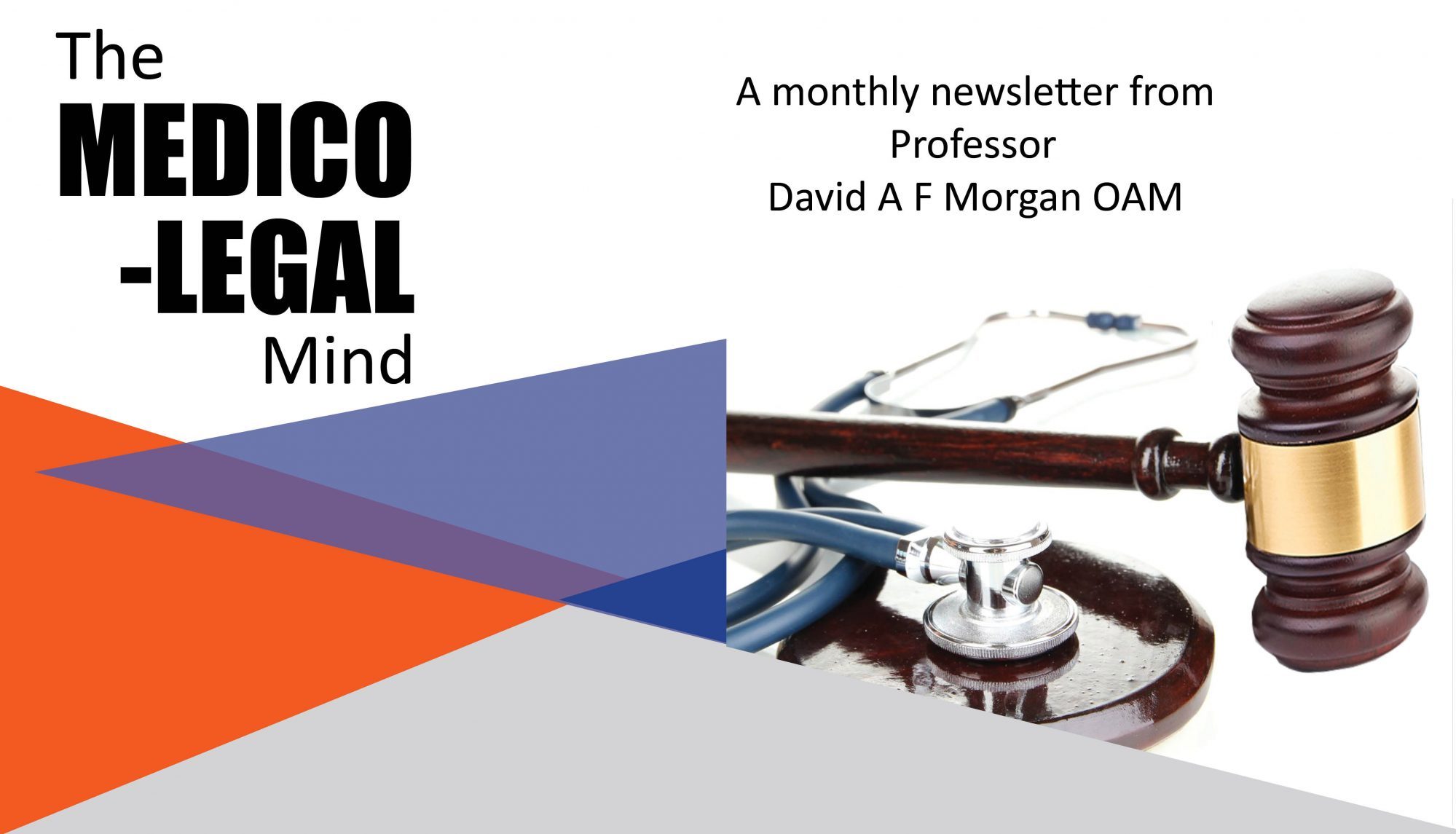GENERAL ADVICE
Which Cases Should You Take On?
Obviously, this will vary according to your persuasion – whether you are acting for the plaintiff or the defendant.


From a plaintiff’s perspective, there are a few simple steps that should be taken. The first relates to the likelihood that an injury has truly occurred and that there is some measurable impairment or disability. If it sounds trivial at the outset, it may well be trivial. Conversely, if there is a cogent history of what appears to have been a major insult, then real incapacities and disabilities may occur.
Another step relates to the magnitude of the impact of the injury on the social, recreational, domestic and remunerative prospects for the claimant. Whilst significant scarring may have occurred, this could be on a part of the torso which is routinely covered by clothing and not visible to the claimant personally. It could be on the back, for example. It would therefore be of less importance than severe and multiple facial scarring on a young woman.
The prospects for success of the claim also depend to some extent on the perceived honesty and presentation of the plaintiff. Inconsistency, overreaction and embellishment can be sensed in some from the outset. If you can sense it in your client, it is probable that the medicolegal reporter will have antennae which are equally receptive.

From the defendant’s perspective, all of these similar rules apply. If there is a history of genuine injury, a well-documented sequence of events necessitating considerable therapeutic intervention and a cogent medicolegal report which attests to the veracity of the claim, fighting it may be a losing battle. The exception could be that the claim is excessive and unjustifiable. That is obviously an issue for you to assess. In general terms however, digging in the heels over tiny increments could be wasteful for all involved.
At the other end of the spectrum for the defendant lawyer is the claimant who may be classed as a recidivist. As many as eight, ten or even a dozen previous claims over the last few years would ten to raise some suspicions about genuineness. I am not about to say that a person could not be so unlucky but in general terms, as the number of claims increases, so does the likelihood of personal gain being a motive increase.
In essence, assess it all carefully, consider all options and make a value judgement.

A final step which I think could be very valuable for many is to call your favourite medicolegal reporter and ask for some ad hoc unofficial advice. A 15 minute conversation could make the difference and save months, if not years, of fruitless expense.
diture.
